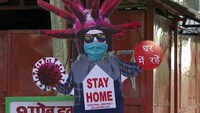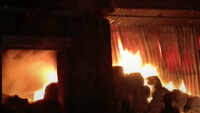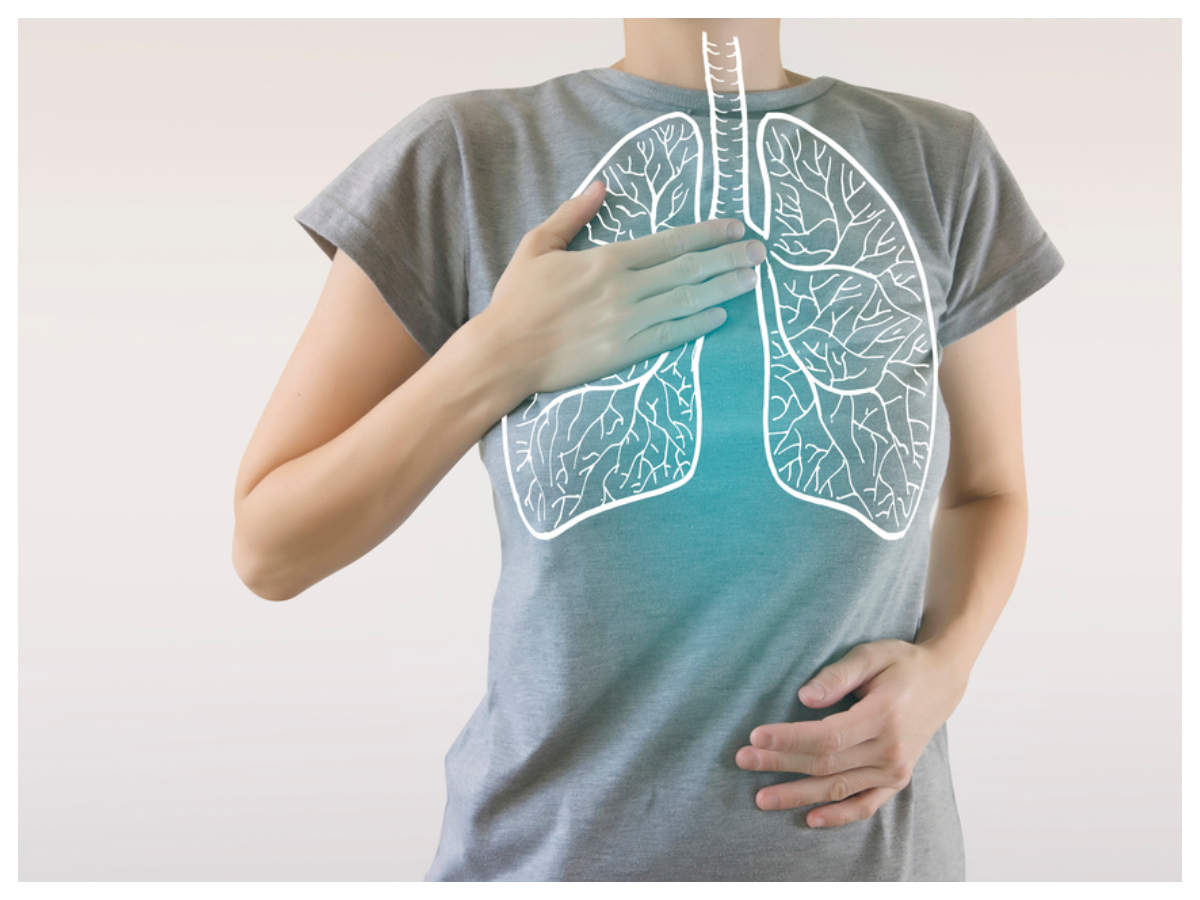
GURUGRAM: To ramp up testing, the state will soon start using a significantly faster tuberculosis test which has been tweaked to detect the SARS-CoV2, the virus which causes Covid-19.
Use of the cartridge-based nucleic acid amplification test (CBNAAT) has been approved by the Indian Council of Medical Research (ICMR), which had earlier in April invited applications from states. Haryana got approval for the tests to be conducted in two hospitals — one in Karnal and another in Sonepat. The state health department has 350 test kits, which it will use to screen frontline healthcare professionals engaged in Covid-19 cases.
“The CBNAAT machine used to detect tuberculosis can be used for Covid-19 testing after modifying the software for the cartridges. We will soon start testing,” additional chief secretary (health) Rajiv Arora said. “Health officials in the two hospitals are being trained in how to conduct these tests.”
While the conventional form of CBNAAT detects Mycobacterium tuberculosis (the bacteria which causes TB), the one customised for Covid-19 tests will look the E gene (found in RNA of coronaviruses) and N2 gene (specific to SARS-CoV2).
The tests are fast. The machines can test four samples at a go. And results come back in 45 minutes. With 80% of all Covid-19 cases turning out to be asymptomatic, detecting them early has become imperative. Otherwise, most cases just won’t be detected until they are too far down the line.
“In the last two months, we have been focusing on contact tracing to identify asymptomatic people. For us, primary and secondary contacts of all positive cases are the priority. People with flu and respiratory problems are also being tested. We are gradually expanding testing and the CBNAAT kits will help that,” Arora said. The state so far collected 27,210 samples for Covid-19 tests.
Rajasthan, Karnataka, Kerala and Jammu are also planning to conduct tests using this method. Haryana had earlier re-purposed another medical tool aimed at tuberculosis, the BCG vaccine, as a prophylactic measure to protect its health workers and high-risk groups.
Use of the cartridge-based nucleic acid amplification test (CBNAAT) has been approved by the Indian Council of Medical Research (ICMR), which had earlier in April invited applications from states. Haryana got approval for the tests to be conducted in two hospitals — one in Karnal and another in Sonepat. The state health department has 350 test kits, which it will use to screen frontline healthcare professionals engaged in Covid-19 cases.
“The CBNAAT machine used to detect tuberculosis can be used for Covid-19 testing after modifying the software for the cartridges. We will soon start testing,” additional chief secretary (health) Rajiv Arora said. “Health officials in the two hospitals are being trained in how to conduct these tests.”
While the conventional form of CBNAAT detects Mycobacterium tuberculosis (the bacteria which causes TB), the one customised for Covid-19 tests will look the E gene (found in RNA of coronaviruses) and N2 gene (specific to SARS-CoV2).
The tests are fast. The machines can test four samples at a go. And results come back in 45 minutes. With 80% of all Covid-19 cases turning out to be asymptomatic, detecting them early has become imperative. Otherwise, most cases just won’t be detected until they are too far down the line.
“In the last two months, we have been focusing on contact tracing to identify asymptomatic people. For us, primary and secondary contacts of all positive cases are the priority. People with flu and respiratory problems are also being tested. We are gradually expanding testing and the CBNAAT kits will help that,” Arora said. The state so far collected 27,210 samples for Covid-19 tests.
Rajasthan, Karnataka, Kerala and Jammu are also planning to conduct tests using this method. Haryana had earlier re-purposed another medical tool aimed at tuberculosis, the BCG vaccine, as a prophylactic measure to protect its health workers and high-risk groups.
Quick Links
Kerala Coronavirus Helpline NumberHaryana Coronavirus Helpline NumberUP Coronavirus Helpline NumberBareilly NewsBhopal NewsCoronavirus in DelhiCoronavirus in HyderabadCoronavirus in IndiaCoronavirus symptomsCoronavirusRajasthan Coronavirus Helpline NumberAditya ThackerayShiv SenaFire in MumbaiAP Coronavirus Helpline NumberArvind KejriwalJammu Kashmir Coronavirus Helpline NumberSrinagar encounter
Get the app








